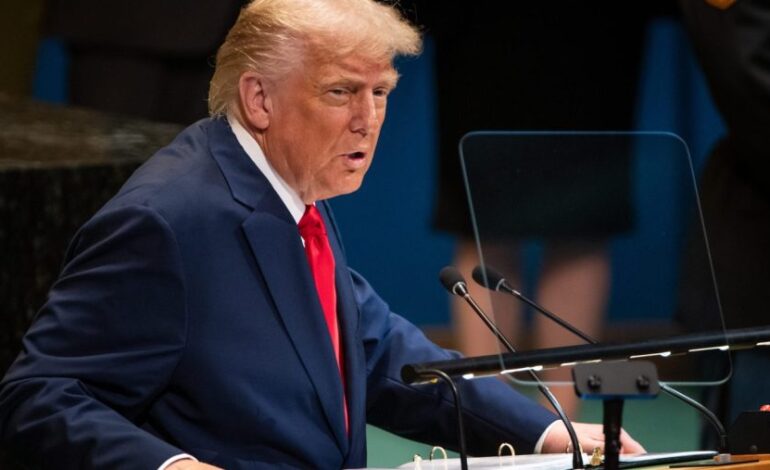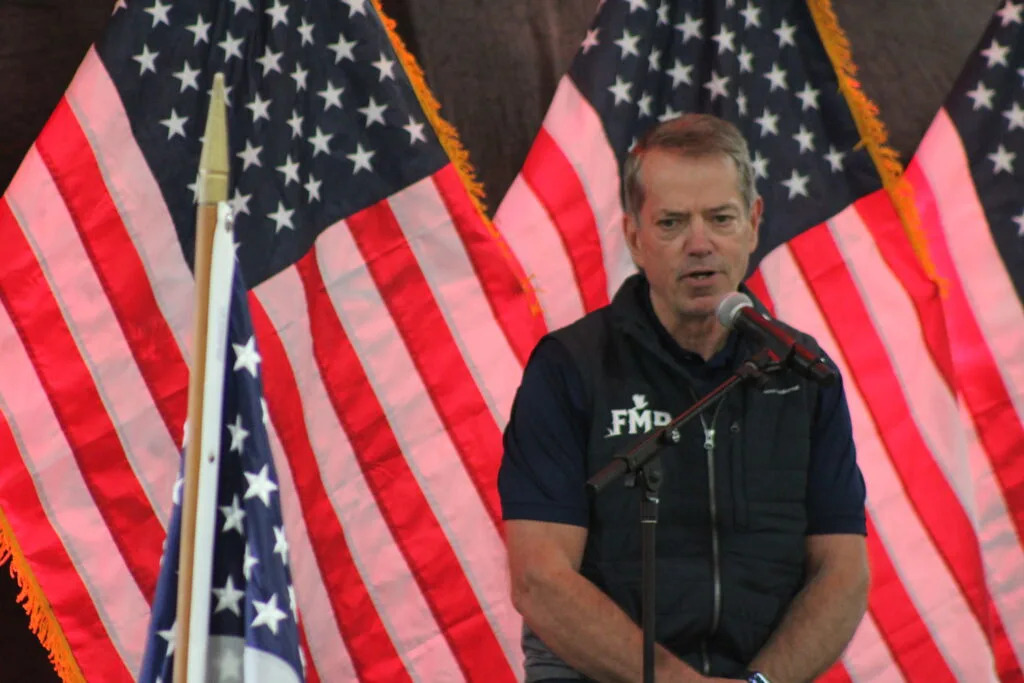Proposal to Rename Pell Grants After Trump Faces Backlash

A proposal to rename a new type of federal Pell Grant as “Trump Grants” has generated significant opposition among lawmakers in Rhode Island. This initiative aims to honor former President Donald Trump, but critics argue it undermines the legacy of the program’s original architect, who is also the state’s longest-serving U.S. senator.
The Pell Grant program, established in 1965, provides financial assistance to low-income students pursuing higher education. The proposed “Trump Grants” would be designed to expand this support, but key political figures in Rhode Island are advocating for the program to retain its original name, emphasizing the importance of its historical roots.
Senator Jack Reed, a Democrat from Rhode Island, has been vocal in his opposition. He highlighted the significance of preserving the Pell Grant name, which honors Senator Claiborne Pell, who championed the initiative. Reed stated, “The Pell Grant program has changed the lives of millions of students. To rename it in any way that detracts from its legacy would be a disservice.”
Another prominent figure opposing the name change is Senator Sheldon Whitehouse, also a Democrat representing Rhode Island. Whitehouse echoed Reed’s sentiments, stressing that the name “Trump Grants” could alienate students and families who have relied on the Pell Grant for educational opportunities. He remarked, “This is not just a name; it represents a commitment to making higher education accessible to all.”
Supporters of the proposed name change argue that branding the grants after Trump would attract attention and potentially increase funding for the program, a critical resource for millions of students. They contend that Trump’s policies aimed at education could resonate with families seeking financial aid.
Despite these arguments, the backlash from Rhode Island lawmakers has been swift and organized. They are mobilizing constituents to voice their concerns through letters and public statements. The situation has drawn national attention, highlighting the divisive nature of educational funding and political branding.
The debate over the Pell Grant name change is ongoing, with a formal proposal expected to be submitted to Congress in January 2024. As discussions unfold, the impact on students and educational institutions remains to be seen. The outcome of this proposal could set a precedent for how federal education programs are branded in the future.
In a broader context, this controversy reflects the intersection of politics and education funding. As lawmakers grapple with budget constraints and competing priorities, the name of a grant program could become a symbolic battleground for larger ideological debates.
In conclusion, the proposal to rename Pell Grants as “Trump Grants” faces substantial opposition in Rhode Island. With lawmakers firmly against the change, the future of this initiative will likely depend on continued dialogue and advocacy from both supporters and opponents.






